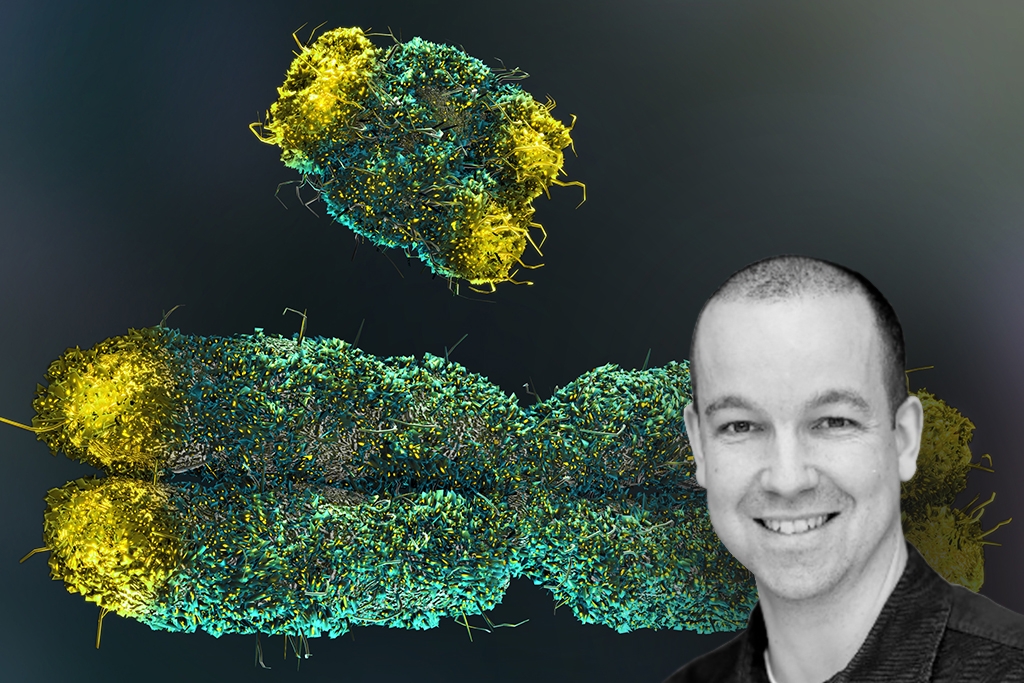Loss of the Y-chromosome leads to genetic instability
In an international collaboration published in Nature, SciLifeLab researchers have demonstrated that the loss of the Y-chromosome in blood can lead to an increased risk of cancer in other parts of the body. For this reason, the Y-chromosome can be used as an indicator for genetic instability.
It is generally known that men have one X and one Y chromosome in almost every cell of their body. Recently, however, researchers have discovered that older men sometimes lack a Y-chromosome in some of their white blood cells. This loss, called LOY, has been associated with diseases such as cancer, autoimmune conditions, Alzheimer’s disease and cardiovascular disease. So far it has not yet been determined if the affected blood cells are directly responsible or if LOY is simply reflecting a broader genomic instability which in turn affects the diseases.
In the recent study, co-led by Lars Forsberg (SciLifeLab/Uppsala University), researchers showed that both processes are important. They could identify a large group of genes, associated with LOY and with functions directly involved in genomic instability, cancer susceptibility or tumour growth. Other genes play a role in different aspects of cell cycle regulation and DNA damage response.
“Our findings indicate that LOY in white blood cells is a result of a common mechanism that leads to genomic instability, and that predisposes cells also in other tissues to cancer,” says Lars Forsberg, in a press release from Uppsala University.
The researchers also demonstrated that LOY could increase the risk of disease by influencing immune cell functions.
“By comparison of the gene expression of single cells from blood with and without a Y chromosome, we can see that LOY has an impact on immune cell functions. We hope that future studies may build on these observations, yielding further insights into mechanisms behind cancers and other ageing-related diseases,” says Lars Forsberg.





